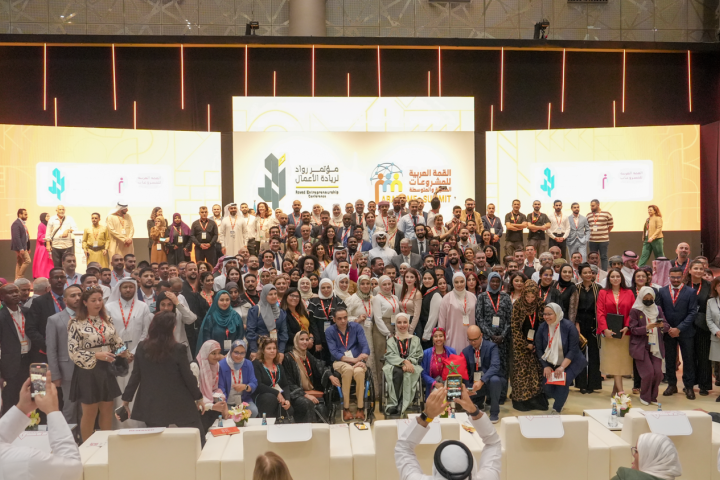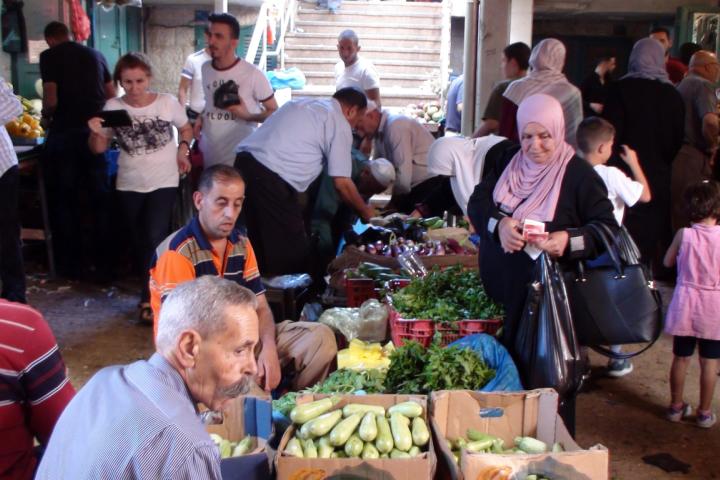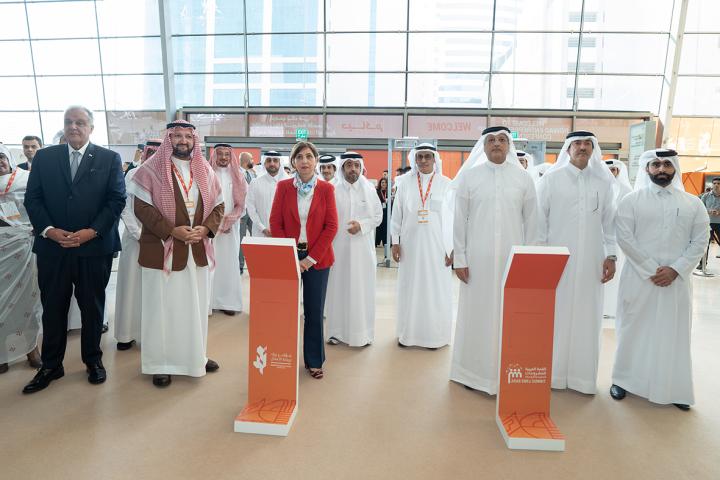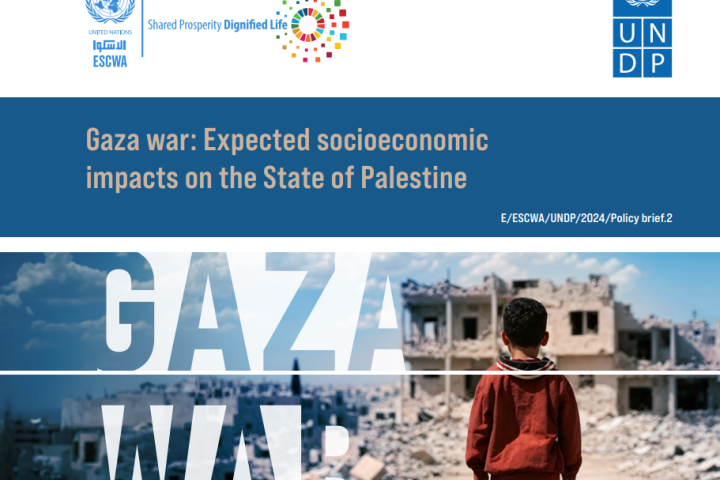Press release
7 Oct 2013
Beirut-Amman
Eighth Session of the Technical Committee on Liberalization of Foreign Trade, Economic, Globalization and Financing for Development in the Countries of the ESCWA Region Kicks Off



